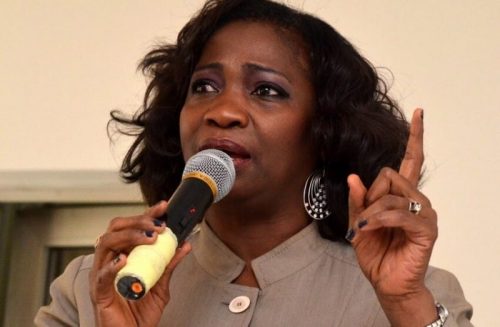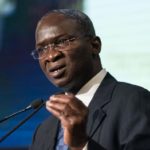Residents of the FCT have been advised to discourage the irregular migration of youths to other countries, popularly known as “japa”, which is the trend among Nigerian youths who want to seek greener pastures outside the shores of the country.
The Chairperson of the Nigerians in Diaspora Commission (NiDCOM), Mrs Abike Dabiri-Erewa, made the call at an enlightenment programme for youths, women and vulnerable groups on the dangers of irregular migration to other countries and integration for returnees, with the theme: “Japa Syndrome, the Pains and Gains”, organised by the FCT-Diaspora Focal Point Office.
She noted that they wanted the japa syndrome to be discouraged by Nigerians because the countries they were migrating to were not better than Nigeria in a lot of ways.
She said, “We need to also tell the positive things about our country. Nigeria is not as bad as it is being portrayed. The most important thing is to work collectively to make this country better. You and I are the government. If the government plays its role, I play my role, and you play your role, then this country will shine and will be the best in the world.
“We need to encourage the young ones, particularly the youths, to do the same thing. There is frustration; no doubt about it. Very frustrating in some instances, what it is like that you do not have a job for many years.
“But there are a lot of opportunities in Nigeria that we are not seeing, we should all open our eyes to those opportunities and show the younger ones those opportunities rather than japa in an irregular and terrible way. We want the youths to be better persons in the future; not worse persons.”
The FCT-Diaspora Focal Point Officer, Sarah David Areo, explained that her office was working in line with existing guidelines to positively engage Nigeria’s teeming youths and women to check the dangerous trend of illegal migration to other countries where they faced very unhealthy living conditions and became very vulnerable to diverse dangers.
She challenged the FCT youths and women to dare to be different; that they should not be afraid to challenge what had become the norm in Nigerian society, urging them to take positive chances, make their tracks and not follow the supposed well-trodden path.

 Join Daily Trust WhatsApp Community For Quick Access To News and Happenings Around You.
Join Daily Trust WhatsApp Community For Quick Access To News and Happenings Around You.


